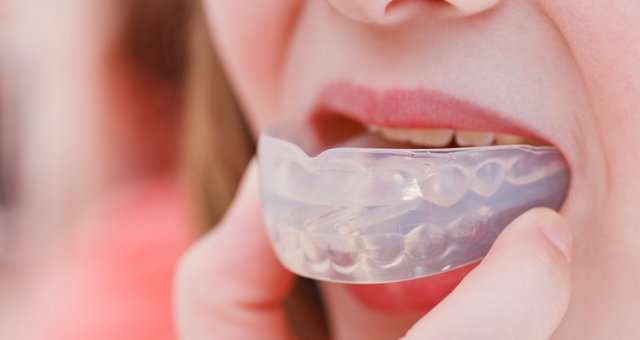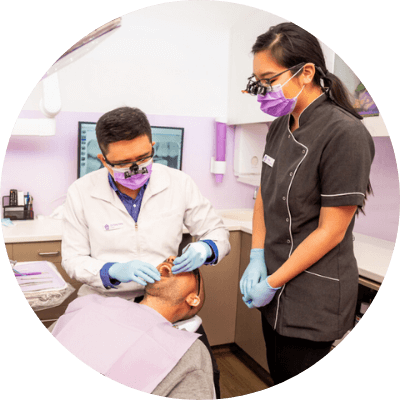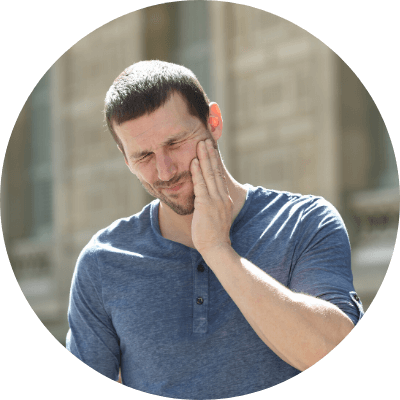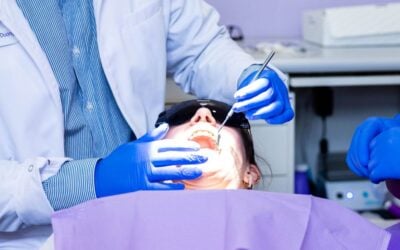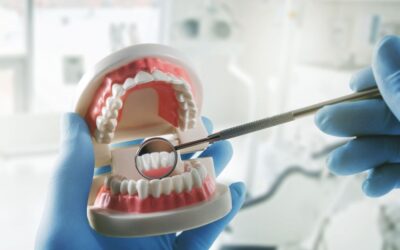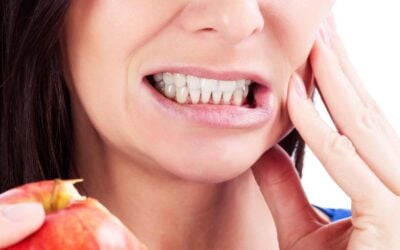Teeth Grinding
Teeth Grinding
Teeth grinding, or Bruxism as it’s officially known, is one of those tricky conditions that you could be suffering from without even knowing it. An involuntary clenching, grinding and gnashing of the teeth, it doesn’t always display its symptoms in ways that are immediately noticeable.
Most people aren’t even aware they are grinding their teeth until their partners tell them or advanced symptoms such as jaw pain, headaches and worn down, sensitive teeth start to emerge.
Symptoms of tooth grinding
What makes working out if you grind your teeth so challenging is that while you may have some symptoms when you first wake up, they can quickly disappear; and if you grind teeth during waking hours, symptoms won’t be noticeable until later in the day.
So what should you be looking out for?
- Fractured, chipped or loose teeth
- A dull headache, sore jaws and/or ear pain
- Aching teeth, and stiffness in the face and temples, particularly after you’ve just woken up
- Sore jaws while you’re eating, especially at breakfast time
- Sensitivity to hot and cold food and drinks
- Intense jaw clenching
Even if you’re not sure that teeth grinding is responsible for the symptoms you’re experiencing, telling your dentist as soon as you suspect something’s wrong means they can perform a diagnosis and devise possible treatment options.
Problems caused by tooth grinding
All those niggling, sometime painful symptoms may be pointers to even worse damage being done. Teeth grinding places a lot of pressure on your teeth, cracking their protective enamel, fracturing them and breaking things like crowns and fillings, while placing great stress on your jaws joints and muscles.
You might also find your teeth are more sensitive to temperature fluctuations, and more painful to bite down on as the fibre that attaches them to the bone gets inflamed.
Causes and treatments
The range of likely causes of bruxism are physical and psychological meaning that any treatment will often need to address both these things. Your dentist, of course, will take care of the possible physical causes such as overly-high fillings, or missing or crooked teeth,and may fit with a mouthguard if you grind your teeth at night.
But if the source of your teeth grinding is emotional, or caused by illness, poor nutrition or long term pain, it’s important to deal with these issues ahead of seeing your dentist.
Click here to read the original article.
Note: All content and media on the Bacchus Marsh Dental House website and social media channels are created and published online for informational purposes only. It is not intended to be a substitute for professional medical advice and should not be relied on as health or personal advice.
Services we mentioned:
More Wellness Infographics
Separating Oral Health From The Rest Of The Body
Our mouths and oral cavities are inordinately sensitive. They are so for a number of reasons. Our lips are extremely sensitive. We are born and immediately know how to suck, as most mammals do. Life giving nutrition comes from the breast through the nipple and into...
Nano-HA: The Funny Way NASA Helps Reconstruct Periodontal Bone Loss
With the 45th anniversary of Life of Brian happening soon enough, a funny thing happened on the way to the Forum is an opener appreciated by the diminishing few and relevant in the way we so often forget the things that have come before. It’s no provocation - simply...
Gum Disease Is No Mystery – It’s Our Own Fault
Finding the untruth of something you’d always believed is always an interesting moment. Inevitably temperature is involved. Electric-cold Zorro-like swash across your back. A hot caterpillar prickle upside your head. Coccyx frozen, ice-filled. Warmth drowning...
Our Physical Sense of Self Is A Construct. Can That Impact Cosmetic Dentistry?
A warning to readers this article contains content relevant to concerns about such things as an inner life. The fact that this can and does influence outer life issues like cosmetic appearances is no idle anomaly. Our physical sense of self is a construct. Can that...


